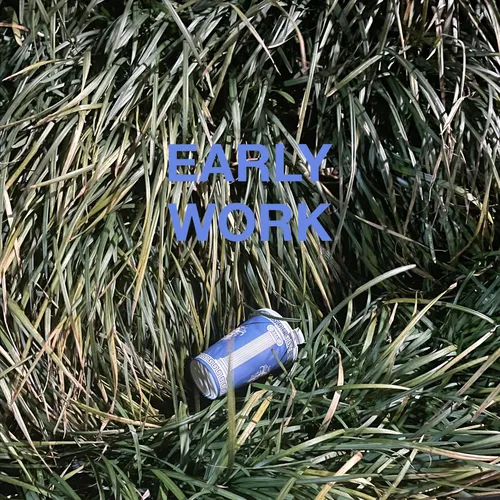it’s up to you to try to hold them together
- Author
- Sophia Steinert-Evoy
- Published
- Tue 02 Sep 2025
- Episode Link
- https://podcasters.spotify.com/pod/show/early-work/episodes/its-up-to-you-to-try-to-hold-them-together-e37l84g
Over five years ago, I produced this piece as the final project for a graduate school class. Since then, it has only lived on SoundCloud. I'm reviving this feed to consolidate some of my work, even though it's not early anymore.
......
In addition to being a literary critic and postcolonial theorist, Edward Said was also deeply passionate about music. Said was born in Jerusalem in 1935 and grew up in British occupied Cairo where he studied Western classical music. Said carried his tastes for the genre throughout his life, writing and thinking extensively about composers such as Bach, Wagner, and Beethoven, contemporary pianist Glenn Gould, and forming a close friendship with musician Daniel Barenboim. Said taught English and comparative literature at Columbia University from 1963 until his death in 2003. Many generations of students have been inspired Said’s work as a teacher and as a theorist. In my first semester of graduate school at Columbia I took a class called “The Epistemology of Edward Said” taught by Professor Stathis Gourgouris, and while reading Said’s music criticism I became curious about his insistence on and proclivity to only write about Western classical music. I started having conversations with people around me about Said and his writing on music, and even though most of the people that I talked to didn’t necessarily connect with classical music, they all had stories about Said and stories about music in their own lives. These narratives made my think of something Said says in The Last Interview, a film shot in 2003, a few months before Said’s death:
"I’m very very interested in form, I would say I’m a formalist, and abstractions, patterns, that are behind the actual structures of a work of art or a piece of writing or an essay matter to me in a tremendously urgent way, whether it’s in music or in words or in structures of feeling, and it seems to be one of my life pursuits to try to give those different expressions, using different media, whether it’s words or music in a different way or trying to find, not exactly equivalence, but trying to find parallels for them, and to try to sustain them, without necessarily reconciling between them. I think it’s very important for me, in other words, the whole idea of narrative is very important to me, story, narrative matters a great deal, but it’s not the stories that begin at point A and end at point X, that I care about, it’s the A to X and B to T and then the C to P and so on, the coexistence of all of these things is what I’m all about, and so long as I keep them going, I feel a connection between words and music and form."
So I recorded some of these conversations, some of these narratives that don’t always begin at point A and end at point X, to try to make some connection between words and music and form, and further how we’re formed by music and words.
Many thanks to the people featured in this piece, D.D. Guttenplan, Dr. Matthew Sandler, and Lina Najem. Additional gratitude for Kevin Lozano, Bijan Stephen, and Marwa Helal for their time and conversation, and William Smith, Noah Goldberg, and Tessa Steinert-Evoy for listening.
Music used:
GLENN GOULD - Goldberg Variations BMV 998
DANIEL BARENBOIM Beethoven Sonata No. 8 Op. 13
ELVIS – Suspicious Minds (Instrumental)
PATTI SMITH – Gloria
DANIEL BARENBOIM - Beethoven Piano Concerto
DANIEL BARENBOIM - Beethoven Concerto 5
CELIA CRUZ – Azucar Negra
DJ MAGIC MIKE – Drop That Bass
GLENN GOULD - Bach Concerto 1
QUEEN – COOL CAT
FAYROUZ – Kifak Enta
AHMED KAABOUR – A’daffa
DANIEL BARENBOIM – Liszt Consolation N. 3
